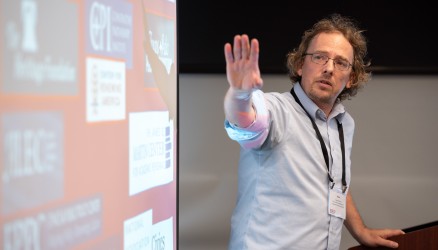
Academic Freedom
Academic freedom is indispensable for quality institutions of higher education. As the AAUP's core policy document states, "institutions of higher education are conducted for the common good and not to further the interest of either the individual teacher or the institution as a whole. The common good depends upon the free search for truth and its free exposition."

Shared Governance
Governance of higher education institutions traditionally has been a responsibility shared by faculty, administrators, and trustees.
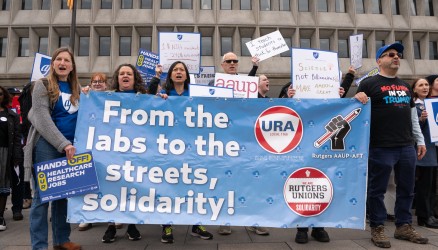
Unionism
Unionism

Political Attacks on Higher Education
The Trump administration and many state governments are accelerating attacks on academic freedom, shared governance, and higher education as a public good. We are working with our chapters and with allies in higher ed and the labor movement to defend and advance our vision: Higher education that is accessible and affordable for all who want it. Freedom to teach, to learn, to conduct research, to speak out on issues of the day, and to assemble in the organizations of our choice. Colleges and universities that create opportunity for students, workers, and communities.
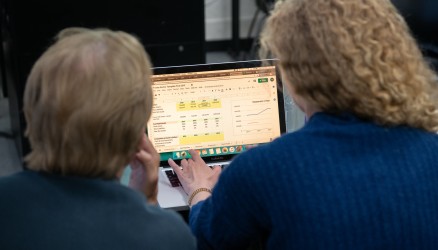
Financial Crisis
FAQs to assist members of the academy in addressing the challenges faced in times of financial stress.
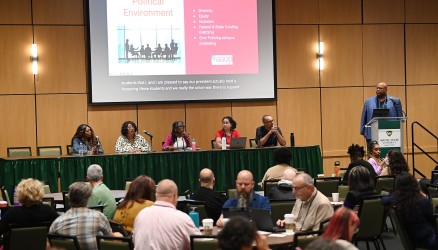
Social Justice
Social Justice
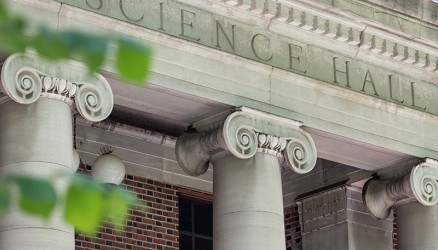
Teaching and Research
Teaching and Research
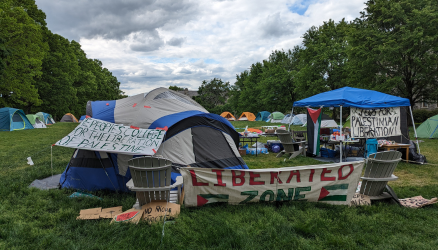
Campus Protests
The AAUP defends the right to free speech, expression of political convictions, and peaceful protest on university campuses. Our colleges and universities are places of inquiry, and debate. Even when campus constituents disagree, the goal should be to foster communication, learning, and understanding. The critical evaluation of different points of view and the questioning of even the most deeply held beliefs are essential to education.
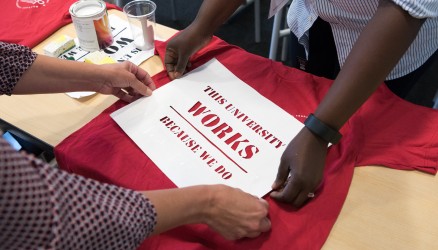
Faculty Employment
Faculty Employment


